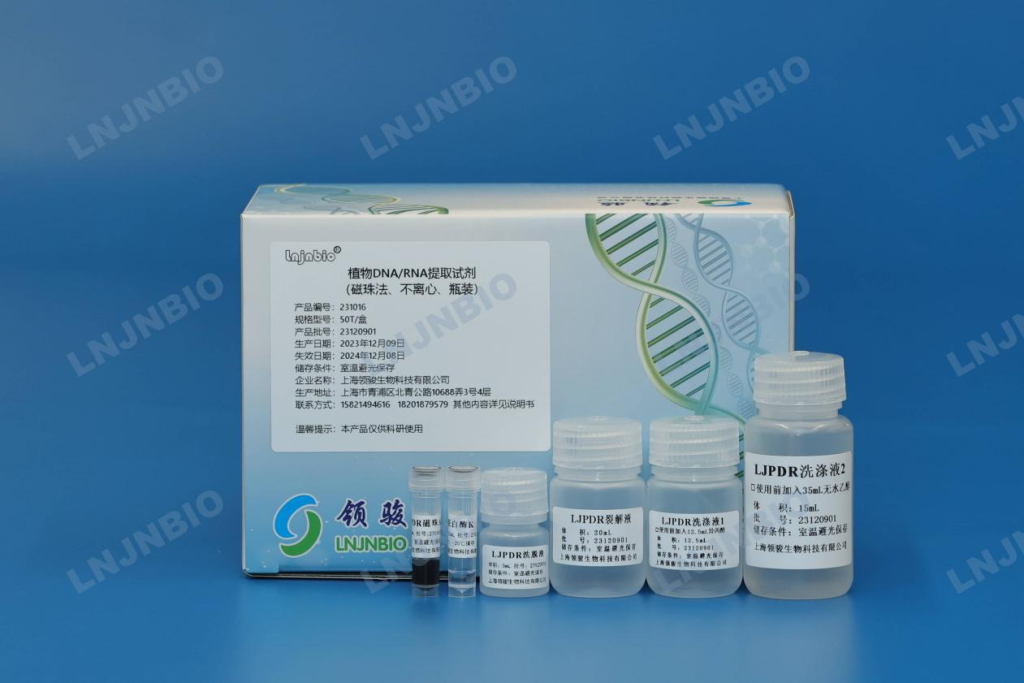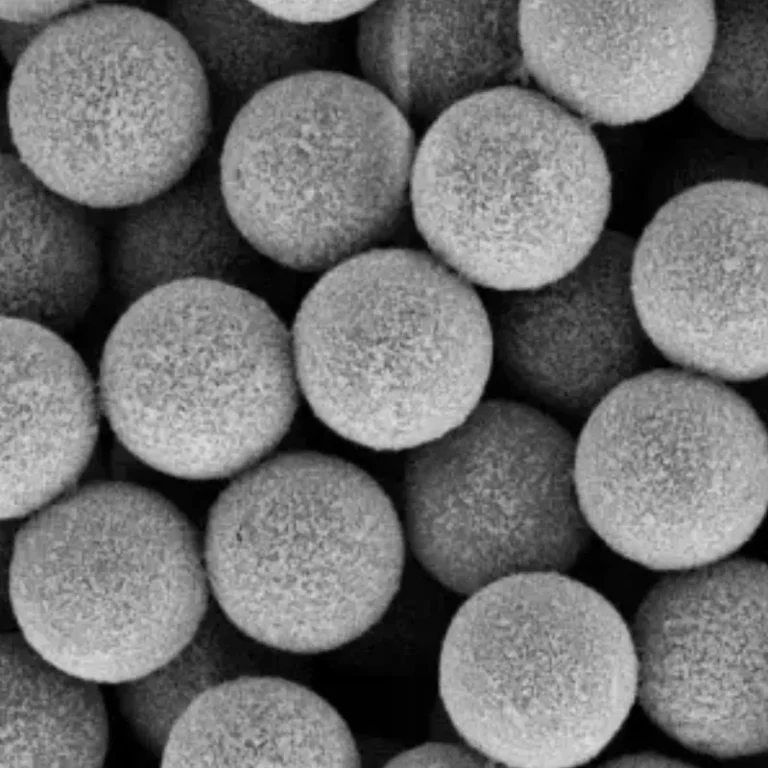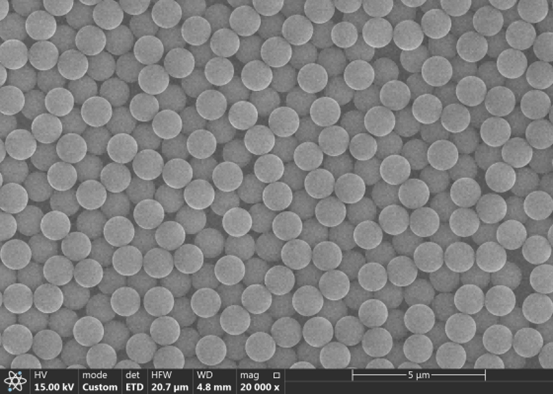Professional Manufacturer of Biomagnetic Beads

The contribution of magnetic bead method-basedplant genomic extraction technology to agricultural transgenic research in China
1. Accelerate the research and development of genetically modified crops
a.High-throughput genotyping analysis
Rapid DNA extraction: The magnetic bead method can complete the DNA extraction of plant tissues (such as leaves, seeds) within 30 minutes, which is 3-5 times faster than the traditional CTAB method. It is suitable for the initial screening (T0 generation) and subsequent identification (T1-T3 generations) of large-scale transgenic plants.
High-purity DNA: The DNA extracted by magnetic beads (A260/A280 ≈ 1.8-2.0) can be directly used for PCR and CRISPR editing verification, reducing false negative results.
b. Complex sample processing for polyphenol and polysaccharide plant adaptation:
For crops such as cotton and rice that are rich in inhibitors, silanol magnetic beads can effectively adsorb DNA and remove polysaccharides and polyphenols, thereby improving the efficiency and accuracy of transformation.
2. Precise Supervision and Safety Testing
a.Detection of Low-Concentration Target Genetically Modified Components: The magnetic bead method can extract trace amounts of genetically modified components (such as the CaMV 35S promoter) from processed foods (such as soybean oil), with a detection limit of up to 0.1% (in accordance with EU standards), supporting market supervision.
Standardized Process: It is compatible with the “Detection of Components in Genetically Modified Plants and Their Products” issued by the Ministry of Agriculture and Rural Affairs (such as NY/T 672-2023), ensuring the repeatability of the test results.
b.Field Monitoring
Rapid on-site testing: The portable magnetic bead extraction instrument can complete DNA extraction in the field. Combined with LAMP technology, it enables a 1-hour rapid detection of genetically modified crops, preventing the spread of illegal cultivation.
3. Promote the upgrading of molecular breeding technology
a.Marker-assisted breeding
Improvement of SNP typing efficiency: DNA extracted by magnetic beads can be directly used on high-throughput SNP chips, accelerating the screening of markers for insect resistance and disease resistance traits.
Single-cell genomics: Magnetic bead microfluidic technology can separate the genome of individual plant cells, which can be used for haploid breeding or analysis of off-target effects.
b.Compliance of Genetically Modified Crops
Verification of absence of exogenous DNA: The combination of magnetic bead method and qPCR can accurately detect whether plasmid DNA (such as Agrobacterium T-DNA) is residual in CRISPR-edited crops, meeting the requirements of the “Guidelines for Safety Evaluation of Agricultural Transgenic Organisms”.
- Synergy of the industrial chain
| Phase | Contributions of Magnetic Bead Method |
| Seed enterprises | Quickly identify the purity of parent seeds to prevent contamination of conventional varieties by transgenic pollen |
| Testing institutions | Realize high-throughput detection in 96-well plates, reducing the cost per sample (such as customs import and export screening) |
| Farmers | Identify genuine and fake transgenic seeds through low-cost rapid detection technology. |
5. Challenges and Improvement Directions
Cost Control: Domestic magnetic beads (such as Shanghai Lingjun) cost one-third of the imported ones. Further price reduction is possible for large-scale applications.
Automation integration: Promote the deep compatibility between the magnetic bead method and domestic automated equipment to reduce human errors.
Case: Detection of Genetically Modified Soybeans
1. Extraction: DNA was extracted from soybean powder using the magnetic bead method (100mg sample → 2μg DNA).
2. Detection: The CP4-EPSPS gene was detected by qPCR. A Ct value < 30 was considered positive.
3.Significance: This method supports the on-site inspection of imported genetically modified soybeans in China. The detection rate increased to 99.7% in 2023.

Figure 1:Plant DNA/RNA Extraction Kit
The magnetic bead-based plant genome extraction technology, through three major paths of accelerating research and development, precise supervision, and empowering breeding, has become a key supporting tool for the development of transgenic agriculture in China. In the future, with the improvement of domestic magnetic bead performance and the popularization of automation, the technical threshold will be further lowered, promoting the safe and controllable industrialization of transgenic crops.
Supplier
Shanghai Lingjun Biotechnology Co., Ltd. was established in 2016 which is a professional manufacturer of biomagnetic materials and nucleic acid extraction reagents.
We have rich experience in nucleic acid extraction and purification, protein purification, cell separation, chemiluminescence, and other technical fields.
Our products are widely used in many fields, such as medical testing, genetic testing, university research, genetic breeding, and so on. We not only provide products but also can undertake OEM, ODM, and other needs. If you have a related need, please feel free to contact us .






